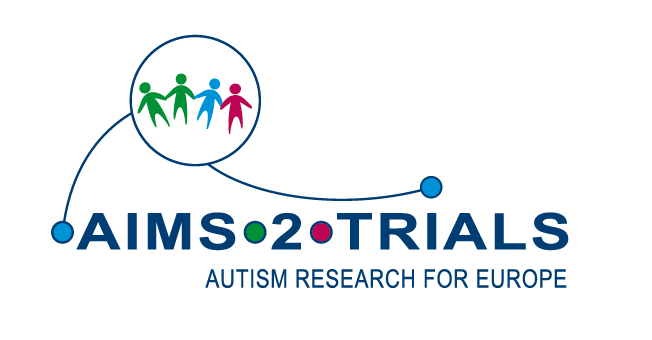Language

Language, and how we use it, is extremely important. We want to talk about autism in a way that is respectful, positive and acceptable to the autism community, however there is not one agreed way to do this across all languages.
People’s preference is a personal choice, but it is incredibly important we respect their preference. Some people like the term “autistic person”, some prefer “person with autism” and others use “on the autism (or autistic) spectrum”. This can vary depending on who you are talking to. Autistic people, their family and friends and professionals may all use different languages, and this can also vary depending on location and culture. We therefore recognise that the terms we recommend will be acceptable for some but not others.
Language Guide: Community preferred language (Language: English)
The AIMS-2-TRIALS communication and engagement team developed a language guide in collaboration with autistic people. Here is the guide including language preferences, glossary and rationale.
AIMS-2-TRIALS_Guide_ Preferred_Terminology_Glossary_&_Rationale.pdf
This was created as a guideline to increase awareness and understanding about language choices around autism and to help researchers in the AIMS-2-TRIALS consortium.
In this guide we suggest using terms that avoid deficit thinking and negative connotations such as ‘disorder’ and ‘risk’, providing alternatives and rationale for these choices.
Terminology frequently differs between members of the autism community, and that the preferences of the autistic person with whom you are engaging should always be the first consideration.
Best practices for communicating across neurotypes:
- Ask someone their own preferred language if you are unsure.
- Acknowledge and respect that there are a diversity of different communication styles and expressions of language, and this may vary from your own.
- Be patient, understanding, flexible, and ready to listen
Research on Language About Autism
In 2015, a UK research study asked which words people use to describe autism and found that “autistic” was endorsed by a large percentage of autistic adults, their family and friends. Since this is the best evidence available about the preferences of the autism community, we have chosen to use “autistic person” throughout our website and communications.
We realise that this research included only about 500 autistic people in its 4622 participants, all of whom were in the UK. We hope that future research will consult more autistic people and greater diversity, for example including those in other countries. We will adapt our language in line with future findings.







